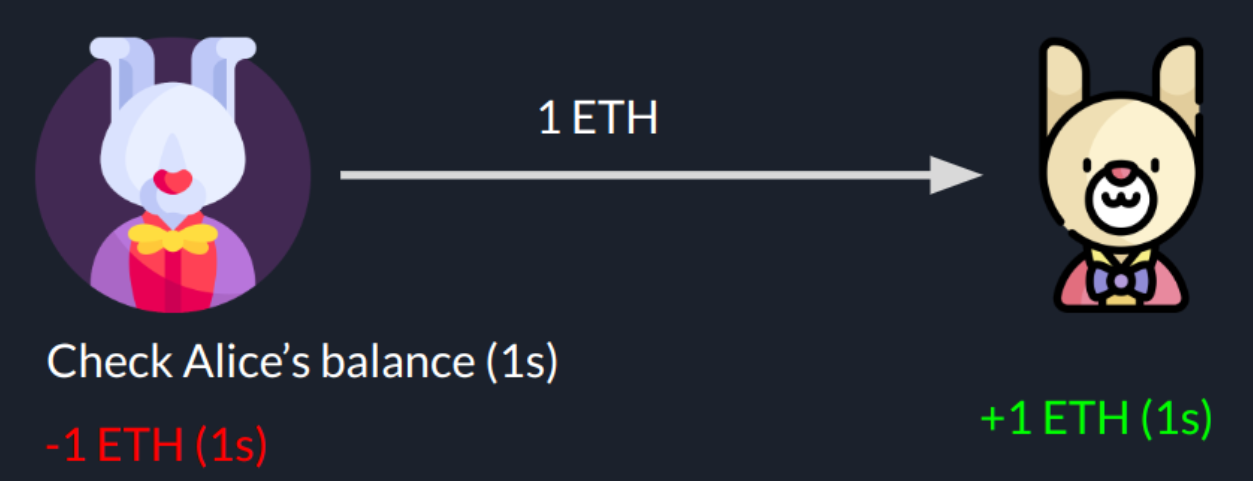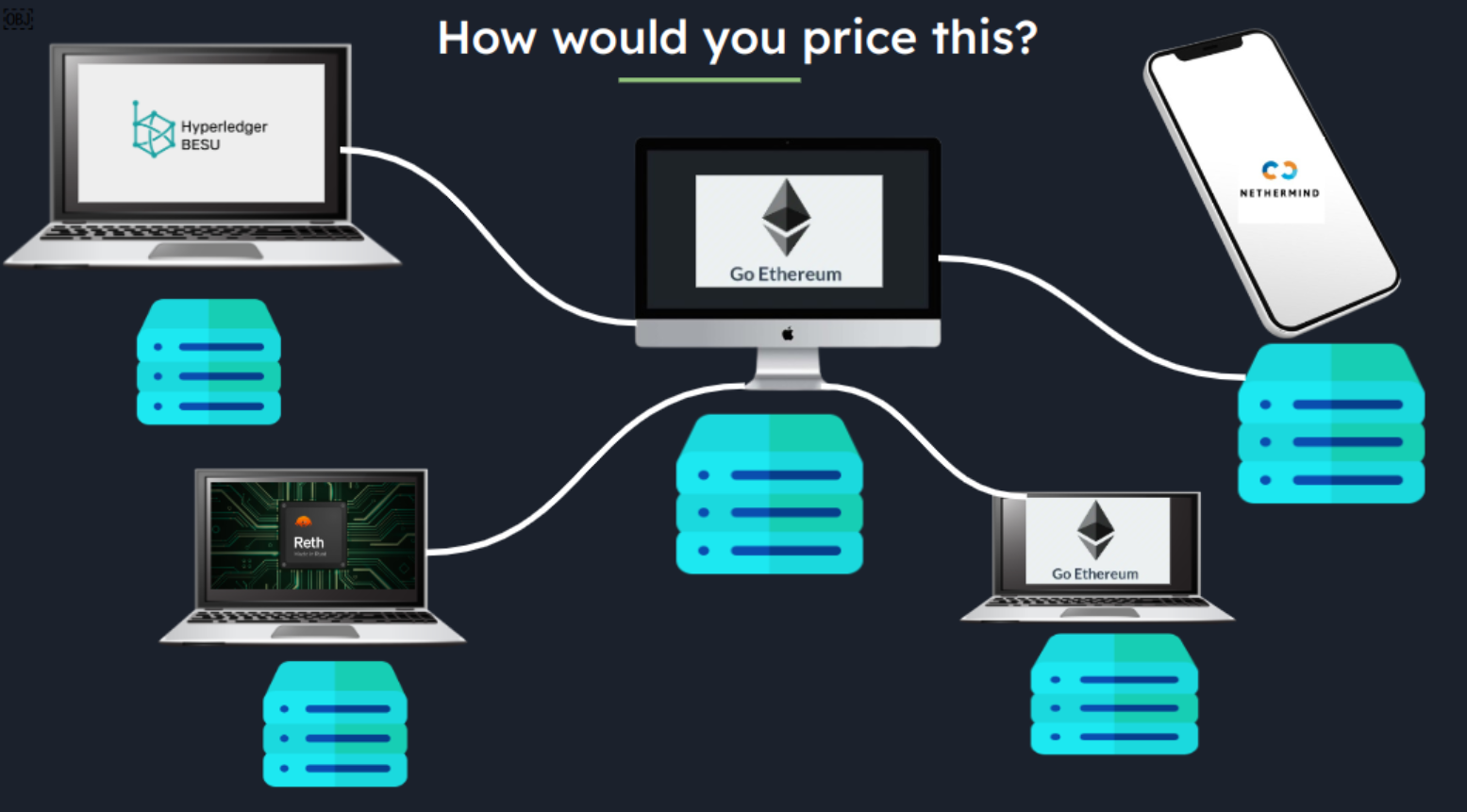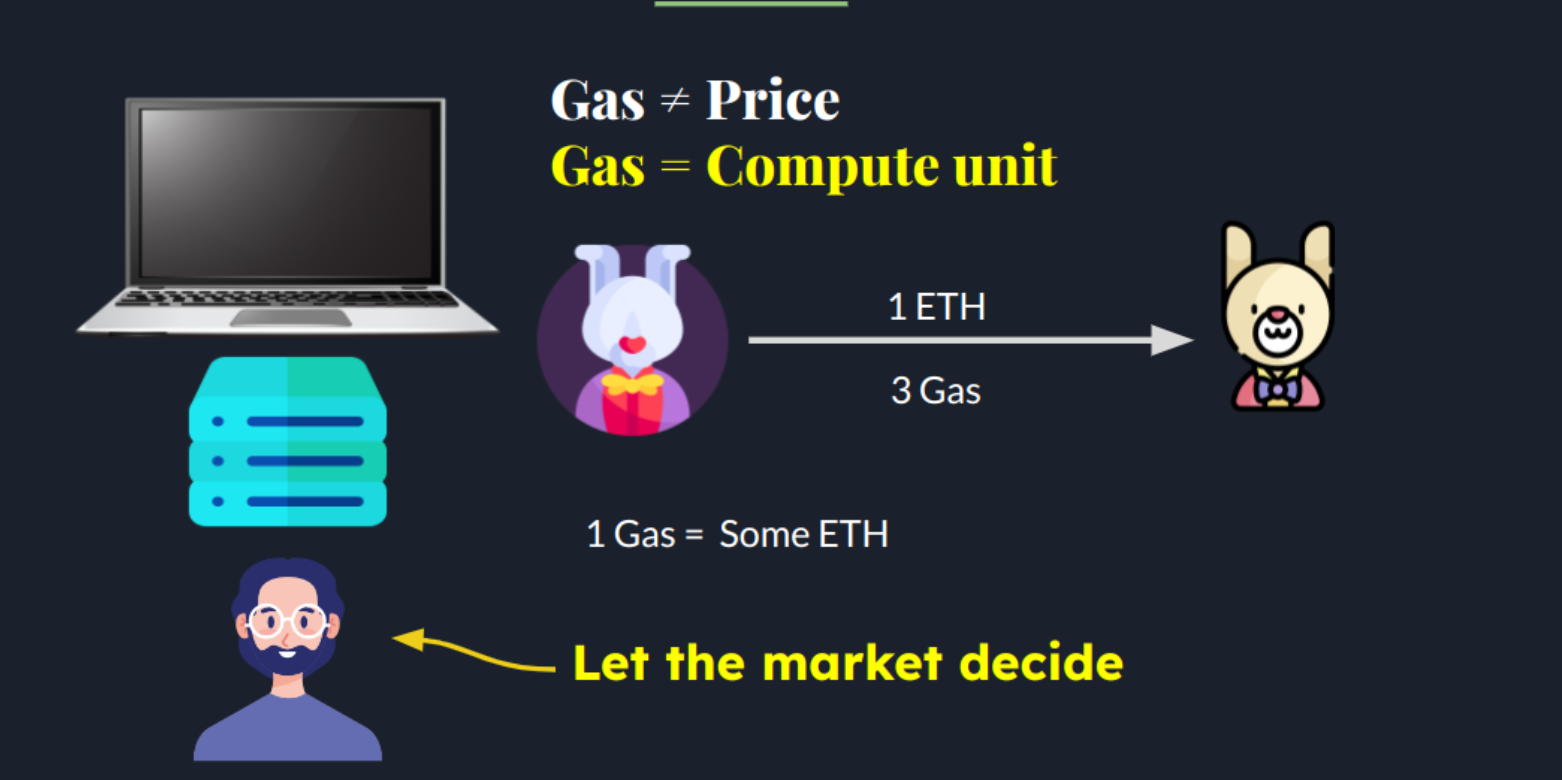🗓️ Week 4
This week, I poured 45 hours into researching, coding, and documenting 1 project, fueled by 8 cups of coffee. I participated in 2 calls to discuss goals, progress, and challenges.
I shared my findings with @axic from Ipsilon. The brief interaction made me realise that I had overlooked the economic and social weight that the word "pricing" carries. Jumping into reading research without a sufficient economic literacy would be futile effort.
I read some literature that discussed the economic backdrop of pricing. After a point it was overwhelming. At times like these, I often reread "You and Your Research" and always come out finding the right advice:
Question: How much effort should go into library work?
Hamming: It depends upon the field. I will say this about it. There was a fellow at Bell Labs, a very, very, smart guy. He was always in the library; he read everything. If you wanted references, you went to him and he gave you all kinds of references. But in the middle of forming these theories, I formed a proposition: there would be no effect named after him in the long run. He is now retired from Bell Labs and is an Adjunct Professor. He was very valuable; I'm not questioning that. He wrote some very good Physical Review articles; but there's no effect named after him because he read too much. If you read all the time what other people have done you will think the way they thought.
If you want to think new thoughts that are different, then do what a lot of creative people do - get the problem reasonably clear and then refuse to look at any answers until you've thought the problem through carefully how you would do it, how you could slightly change the problem to be the correct one. So yes, you need to keep up. You need to keep up more to find out what the problems are than to read to find the solutions. The reading is necessary to know what is going on and what is possible. But reading to get the solutions does not seem to be the way to do great research. So I'll give you two answers. You read; but it is not the amount, it is the way you read that counts.
Let's do some thinking. The Ethereum world computer shouldn't be too far off from my laptop. What would I charge if I were to rent my laptop over the internet?
The simplest strategy would be a function of cost and a mark up for profit. Napkin maths:
Assuming my laptop costs $1000 with a lifespan of 4 years, the direct input cost is $. Let's add a 10% cost for maintainance: $.
Next we cover the operational costs:
- Electricity: The average 14 inch laptop consumes about when plugged in which translates to . At $ that would cost $.
- Internet: 1 gigabit internet costs $.
Total input costs equals $. A profit markup gives us= $ or $.
A comparable AWS lambda is x cheaper. Thats mainly because a laptop an expensive computer to rent. A commercial server along with the economy of scale will drastically bring down the price. More importantly, even with the inefficiency the math is close enough.
Let's now assume that my laptop is an Ethereum node and think through a transaction pricing. Say Alice wants to send 1 ETH to Bob. That would mean that Alice has to rent compute time of our node. How many seconds of compute time will the transaction take? We'll know exactly how long for a transaction because all nodes run the same software - the Ethereum execution client.
Say this transfer executes 3 instructions on our node: Validate Alice has enough funds, reduce Alice's balance, increase Bob's balance; each instruction taking 1 second of compute time, so our transfer will cost it will cost

Sounds fair, let's decetralise this and add more nodes. We need to update a pricing that represents the compute of the entire network.

It would make sense to abstract compute as a network-wide standard unit. This idea gives birth to gas. Keeping things simple say 1s of compute time equals 1 gas:

Open problems:
- How do we account for gas reliably accross a spectrum of hardware and software?
- How long should we keep this data for? 2 years or 20 years? We haven't factored in cost of persisting storage.
- How do we even charge a fixed cost for renting out storage?
- What about the social cost of transaction? Every transaction has to be stored by every node on the network.
Next Steps:
- Read research on pricing.
📞 Calls
- Jul 1, 2024 - EPF Standup #3
- Jul 2, 2024 - Office hours #4: Potuz on ePBS.